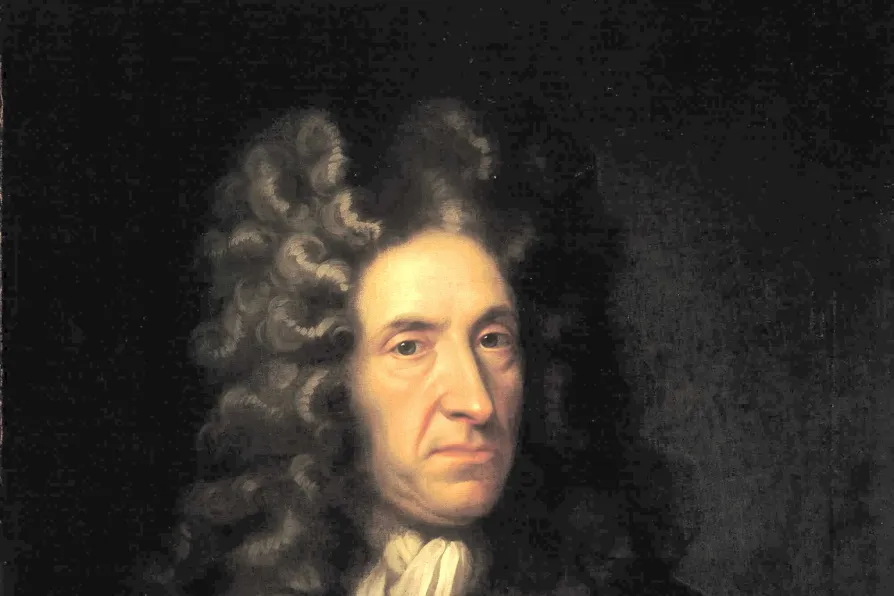RITA DI SANTO draws attention to a new film that features Ken Loach and Jeremy Corbyn, and their personal experience of media misrepresentation
Crusoe and his Consequences by James Dunkerley
Radical demystification of Daniel Defoe’s iconic work

 ‘RADICAL STAR’: Portrait of Defoe by unknown artist
[National Maritime Museum]
‘RADICAL STAR’: Portrait of Defoe by unknown artist
[National Maritime Museum]
KNOWN to millions, even those who have never read Daniel Defoe’s popular desert-island story, Robinson Crusoe has never failed to engage the interests of not only enthusiasts for tales of adventure but also literary critics, sociologists, economists and psychologists.
Widely recognised as the first modern novel, Defoe’s work has been claimed as “a core mythic text of Western and capitalist civilisation over the last three centuries,” with Marx criticising classical bourgeois economists who seized upon the enterprising marooned Crusoe, reduced to the state of natural man, as a model for a perfect market economy.
Similar stories

Peter Mitchell's photography reveals a poetic relationship with Leeds

Ben Cowles speaks with IAN ‘TREE’ ROBINSON and ANDY DAVIES, two of the string pullers behind the Manchester Punk Festival, ahead of its 10th year show later this month

JAN WOOLF wallows in the historical mulch of post WW2 West Germany, and the resistant, challenging sense made of it by Anselm Kiefer

CAROLINE FOWLER explains how the slave trade helped establish the ‘golden age’ of Dutch painting and where to find its hidden traces










